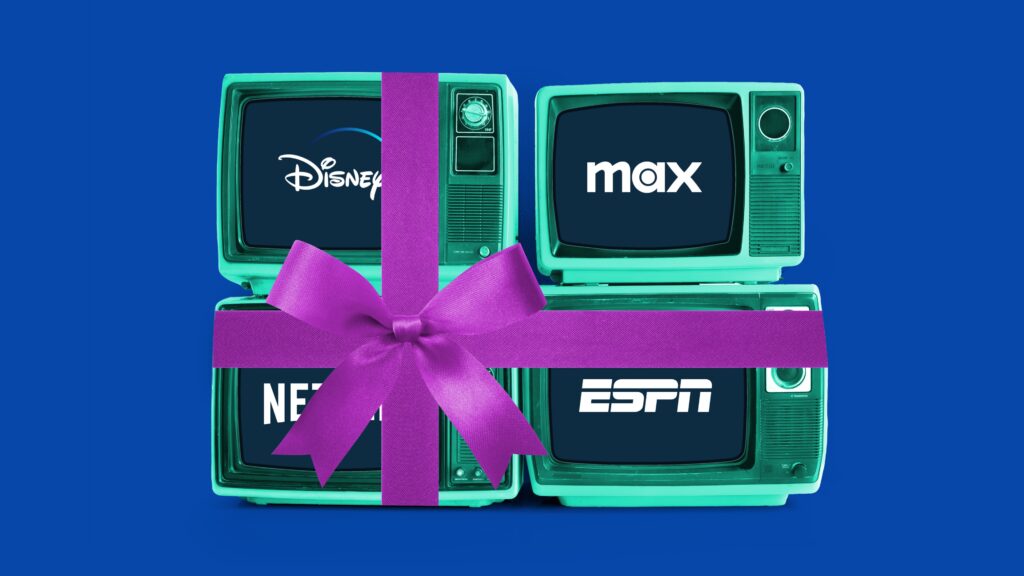Seeing Connected TV Through a Search Marketer Lens
by Jaci Schreckengost
3 Min Read
CES 2024: Stagwell (STGW) and MNTN Announce Partnership in Unified Performance SolutionsLearn More
The bundle is back. But what does this mean for the state of streaming and viewership?

3 Min Read
This week marked the launch of MAX, the latest bundle offering-slash-rebrand from Warner Bros. Discovery, which combines content from Discovery Plus, HBO, CNN, the CW, and more into one app. It’s the latest in a series of consolidations from other streaming networks (looking at you, Disney+) and yet another sign of streaming’s cannibalization of the TV market. David Zaslav, CEO of Warner Bros. Discovery, claims that such a move is a necessary one amid consumer preferences. “Imagine you were back 30 years ago, and you wanted to watch CBS, and you had to download and buy something…and then you [wanted] to watch ABC, [but] had to download and buy something…it’s not a good consumer experience,” he said at a recent conference. “Everyone is Googling ‘Where is it?’ How do I get it?’” Whether it’s necessary or not, these changes will likely keep coming. So what’s at stake?
You’ve probably wondered, “Doesn’t this bundling and consolidation of streaming services look a little familiar? Like, say… cable?” History does seem to be repeating itself, but whatever happens, the result will ultimately be about giving customers what they want. “If we were to package [our streaming services] with others [for a specific price], it would be great for consumers,” Zaslav speculated. “It would probably reduce churn [as] we would be marketing one product. And it would provide a meaningful consumer experience.” Additionally, he framed it as a chess move in light of the bigger picture of tech behemoths, who he expects will attempt the same thing if they can, which could threaten the viability of networks operating independently anyway.
Meanwhile, ESPN is considering bidding farewell to its linear TV legacy entirely, going all in as a stand-alone streaming operator. Having apparently seen the writing on the wall, as more sports content moves to streaming instead of broadcast TV (see: Amazon’s exclusive Thursday Night Football airing, Peacock’s NFL playoff game), parent company Disney seems to be wagering it would be able to attract enough in subscription revenues to entirely replace what the cable channels currently make in affiliate fees. While the sports behemoth would be the first major company to completely cut its own cord, the way things are going, they might not be the last.
Unsurprisingly, not everyone is happy with where the ship is sailing. In addition to a softer advertising market overall, the ongoing writers’ strike that cast its shadow over this year’s upfronts and NewFronts could eventually erode episodic content on streaming if Hollywood unions and studios remain at odds.
And ironically, streaming’s inevitable mergers and acquisitions could make things more complicated for viewers, steering them to find what they’re looking for via other avenues. The White Lotus star Aubrey Plaza recently voiced her frustrations about this, saying she prefers buying series and movies on iTunes rather than navigate the evermore complicated web of streaming options.
So, how will these mergers play out in real time? And will the solutions be able to truly meet viewer’s expectations? Time will tell, but no matter which way we’re looking at it, one thing’s certain: this is streaming’s world. We’re just living in it.
Other CTV News You Need to Know: